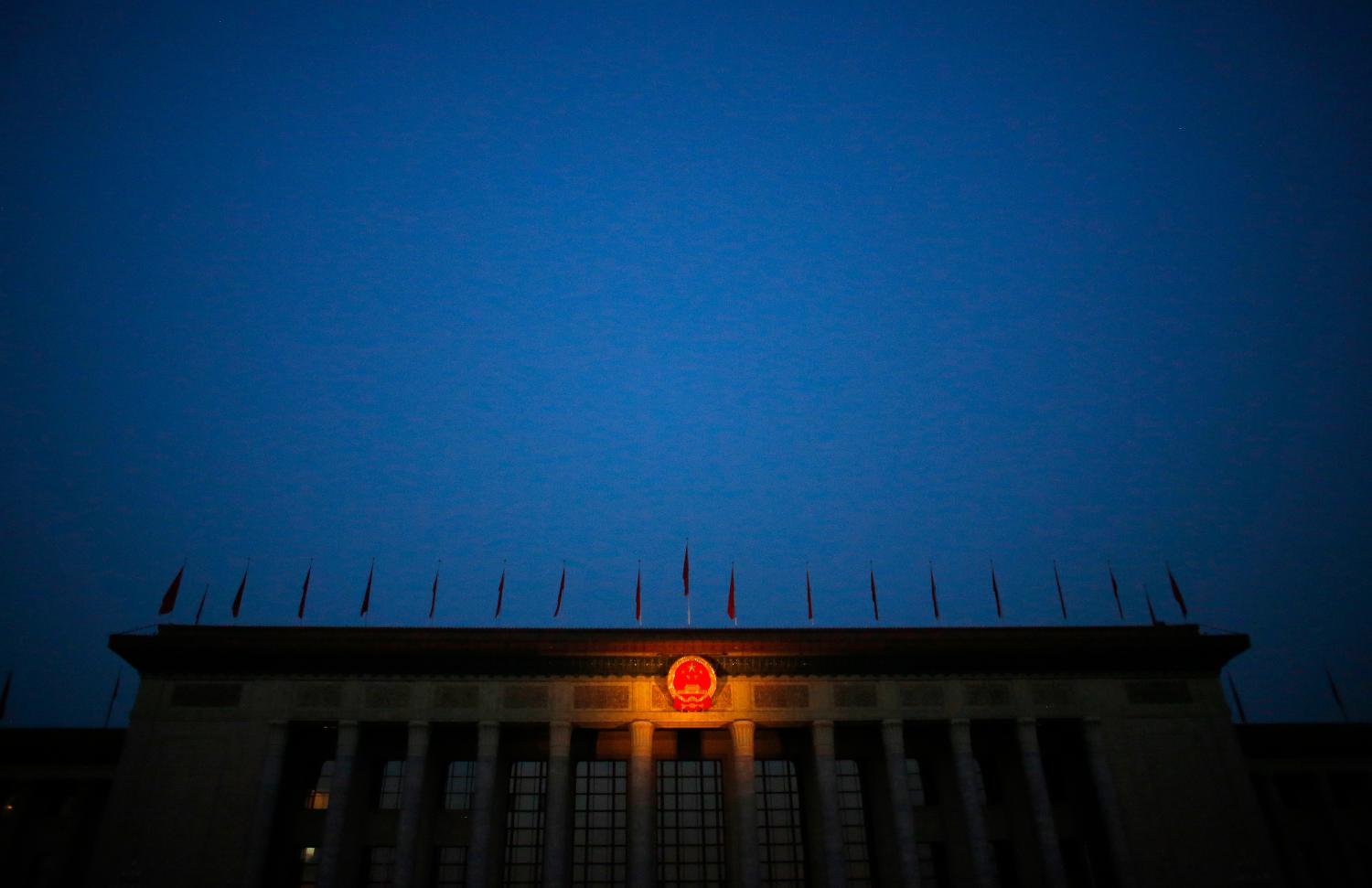 This is the fourth of five special episodes in a takeover of the Brookings Cafeteria podcast by the Global China project at Brookings, a multi-year endeavor drawing on expertise from across the Institution. In this series, Lindsey Ford, a David M. Rubenstein Fellow in Foreign Policy, speaks with experts about a range of issues related to Global China.
This is the fourth of five special episodes in a takeover of the Brookings Cafeteria podcast by the Global China project at Brookings, a multi-year endeavor drawing on expertise from across the Institution. In this series, Lindsey Ford, a David M. Rubenstein Fellow in Foreign Policy, speaks with experts about a range of issues related to Global China.
In this episode, she speaks with Senior Fellow Michael O’Hanlon and Nonresident Senior Fellow Caitlin Talmadge–who is also an associate professor of security studies at Georgetown University–about both the intensifying nuclear competition between the U.S. and China, and what approach Washington should take in response to limited aggression by Chinese forces.
Related Content:
The US-China nuclear relationship: Why competition is likely to intensify (by Caitlin Talmadge)
China, the gray zone, and contingency planning at the Department of Defense and beyond (by Michael O’Hanlon)
Episode 1: What does a global China mean for the US and the world?
Episode 2: How might a global China use economic sanctions?
Episode 3: Chinese domestic politics in the rise of global China
Subscribe to Brookings podcasts here or iTunes, and send feedback email to [email protected].
The Brookings Cafeteria is part of the Brookings Podcast Network.
The Brookings Institution is committed to quality, independence, and impact.
We are supported by a diverse array of funders. In line with our values and policies, each Brookings publication represents the sole views of its author(s).








Commentary
PodcastDeterring military conflict with a global China
October 3, 2019
Listen on
Brookings Cafeteria Podcast